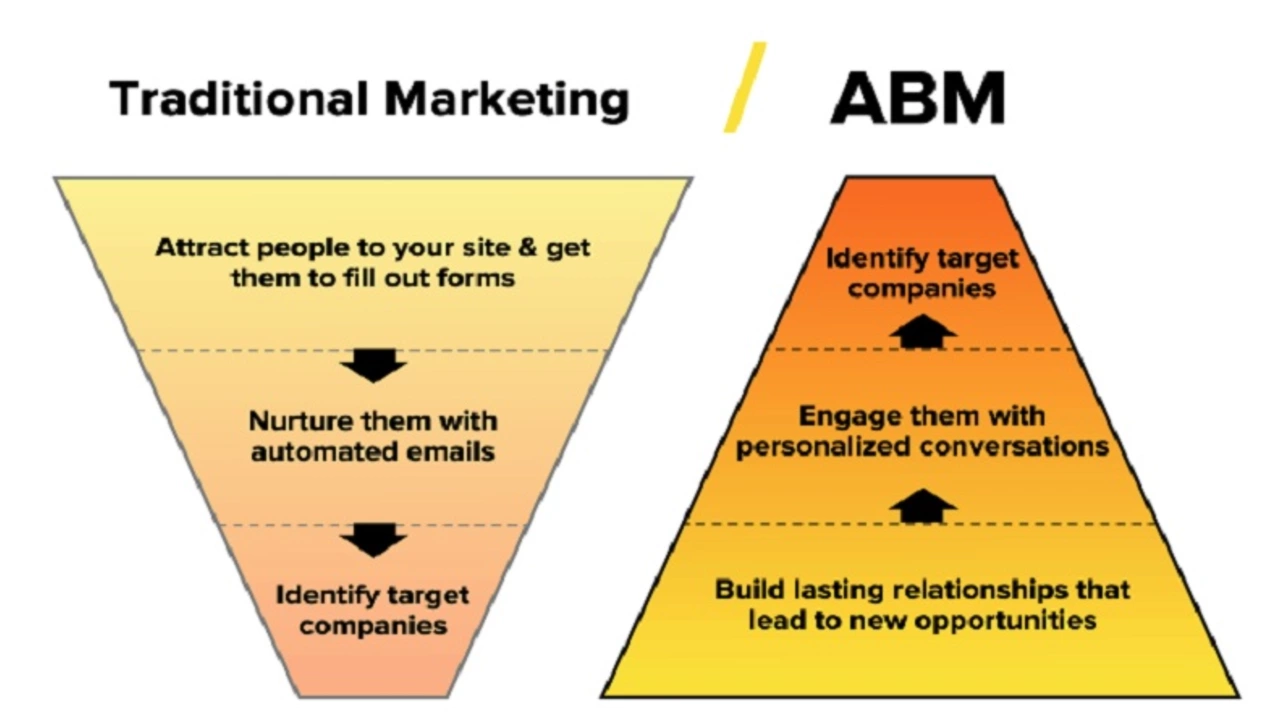In today's blog, we're diving into how illegal live sports streaming sites make their money. These sites typically generate revenue through a variety of methods, including advertising and subscription fees. With their pop-up ads, which appear quite frequently, they receive payments from advertisers. Some sites also offer premium memberships for an ad-free experience, thus creating another income stream. It's important to note, though, that these sites are illegal and can be risky for users due to potential malware and copyright infringement issues.
Online Piracy: What It Is and Why It Matters
Ever clicked a ‘free download’ link and wondered if you were doing something illegal? That’s online piracy in a nutshell – copying or sharing movies, music, games, or software without the creator’s permission. It feels harmless when you’re watching a new release for free, but the reality is a mix of legal trouble, security threats, and lost revenue for the people who made the content.
Legal Risks You Can’t Ignore
Most countries treat piracy as a copyright violation. If you’re caught, you could face fines that range from a few hundred pounds to thousands, and in rare cases even jail time. The law doesn’t only target big download sites – it can go after individuals who share files on peer‑to‑peer networks, social media, or even private messaging apps. Courts look at factors like how many files you shared and whether you made money from it. Bottom line: the risk isn’t just a distant possibility; it’s a real chance you could be on the wrong side of the law.
Security Hazards Behind Free Links
Free files often hide malware, ransomware, or spyware. One download can give criminals access to your passwords, banking info, or even lock you out of your own computer. Those nasty programs spread quickly through pirated files because the original creators can’t certify the safety of the content. Using a cracked game? You might end up with a backdoor that lets hackers snoop on your system. Keeping your devices clean means steering clear of sketchy sites.
So, how can you stay safe while still enjoying the digital world? First, stick to legit streaming services, official app stores, or libraries that offer legal access. Many platforms have free tiers or trial periods that let you watch or listen without breaking the law. If cost is a barrier, look for ad‑supported options – they’re legal and pay the creators a share.
Second, use a reliable VPN when you browse. A VPN hides your IP address, making it harder for pirates to track you, and it adds a layer of encryption that protects your data from snoopers. Just remember, a VPN doesn’t give you a free pass to download illegal content; it only shields your privacy.
Third, keep your software up to date. Updates often patch security holes that pirates exploit. Enable automatic updates for your operating system, browser, and any apps you use regularly. Pair that with a solid antivirus program that scans downloads before they run.
Finally, educate yourself about the signs of fake sites. Look for weird URLs, excessive pop‑ups, or requests for unusual permissions. If a site promises the latest blockbuster for free, it’s almost certainly a trap.
Online piracy might look like a quick shortcut, but it brings legal headaches, security nightmares, and ethical concerns. By choosing legal alternatives, protecting your devices, and staying informed, you can enjoy the digital content you love without the risk. Keep it legit, keep it safe, and keep the creators getting paid for their work.
